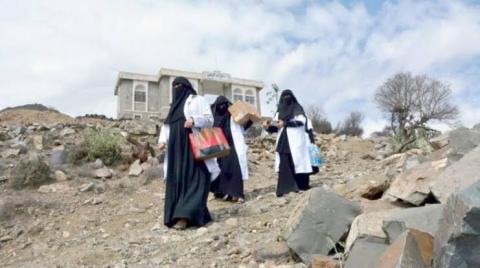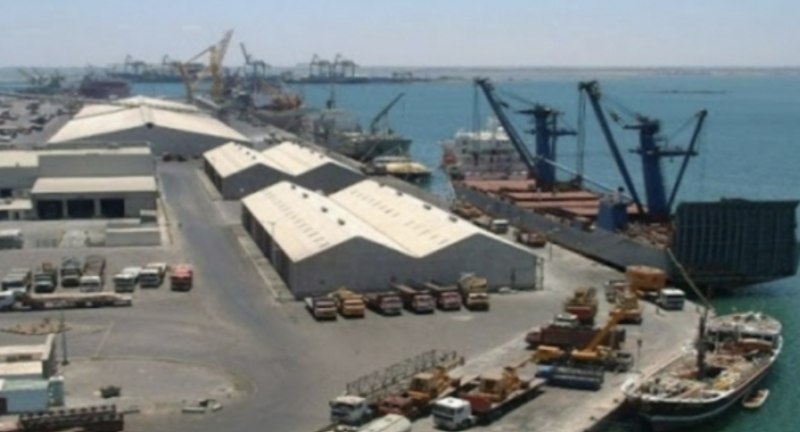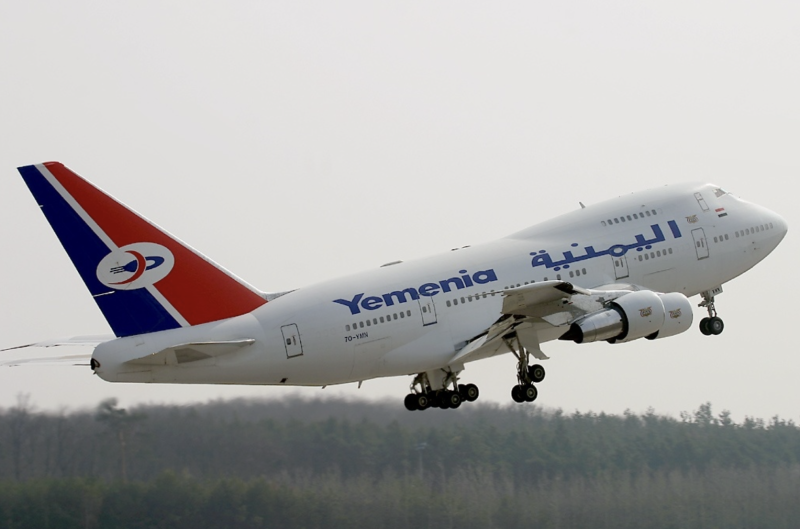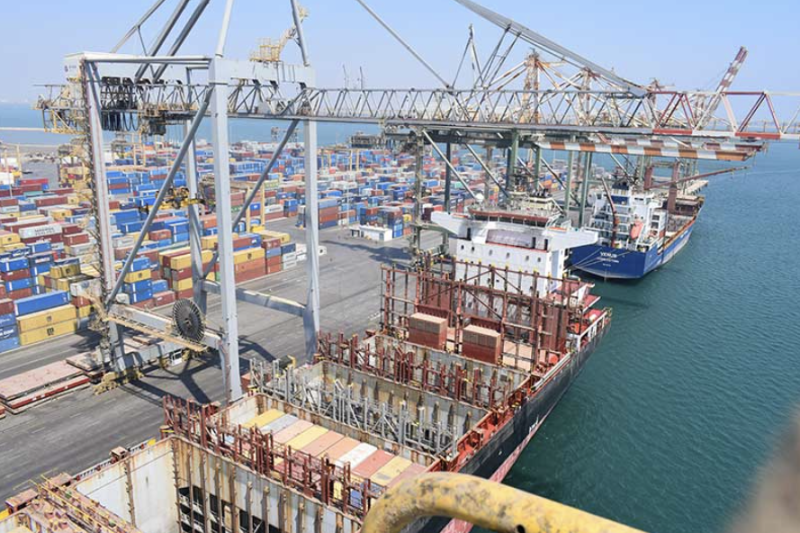Objective:
To increase resilience to food crises and climate change through improving food security and nutrition governance at the national and governorate levels.
Key partners:
Ministry of Planning and International Cooperation, Ministry of Agriculture, Irrigation and Fisheries (MAIF), Food Security Technical Secretariats (FSTS), Governorate Focal Units (GFUs), Central Statistical Organization (CSO), Civil Aviation and Meteorological Authority (CAMA), Ministry of Water and Environment (MWE), Agricultural Research and Extension Authority (AREA), National Water Resources Authority and Ministry of Trade and Industry.
Beneficiaries reached:
1 276 government personnel.
Activities implemented:
- Trained 1 276 government personnel from FSTS, GFUs, MAIF, CSO, CAMA, among other governmental entities on food security concepts, food security analysis frameworks, market and trade analysis, agrometeorological early warning systems (EWS) and Integrated Food Security Phase Classification (IPC) analysis protocols.
- Established one new FSTS in Aden.
- Established 11 new GFUs and supported 13 existing GFUs across Yemen.
- Provided the newly established FSTS and GFUs with information technology equibment, solar units and office furniture, among other necessities.
- Established a high-level committee for EWS, engaging senior representatives from MAIF,CAMA, MWE, Remote Sensing Centre, Internal Civil Defence Authority, Water Environment Centre of Sana'a University, Environment Protection Authority and AREA.
- Published 30 market monitoring bulletins, one food security and agriculture update, eight weekly updates on the coronavirus disease 2019 (COVID-19) situation, a study on access to and availability of food, and two comprehensive quarterly food security reports.
- Conducted an animal disease surveillance assessment, collecting and analysing 12 000 field samples from northern and southern governorates.
- Produced twoanimal disease surveillance reports, covering northern and southern governorates.
- Organized five IPC analysis workshops and produced five corresponding IPC analysis reports.
- Published 15 consumer price index and inflation reports.
- Conducted a detailed capacity needs assessment through field visits in Sana'a and Aden with a focus on EWS needs.
- Installed an automatic marine weather station in Aden port.
- Organized 12 coordination meetings for EWS stakeholders.
- Produced and disseminated 15 agrometeorological bulletins.
- Organized seven meetings for FSTS thematic working groups.
- Established two Policy Dialogue Fora at the technical and ministerial levels and trained 18 members on policy review, formulation, implementation and monitoring processes.
- Produced twopolicy briefs on (i) food availability in protracted crisis and (ii) macroeconomic decline and food insecurity in Yemen.
- Produced three food security thematic reports with a focus on cereals, horticulture and fisheries.
- Produced ten food security and nutrition action plans through FSTS and GFUs.
Impact:
- Enhanced the knowledge of 1 276 government personnel on food security concepts, food security analysis frameworks, market and trade analysis, EWS and IPC analysis protocols.
- Enabled humanitarian and governmental actors to access regular information on the prices of food and non-food items; and enabled the cost estimation of minimum food baskets and other essential information for IPC analyses, thanks to the periodic publication of market monitoring bulletins.
- Enabled humanitarian and governmental actors to generate evidence on the status of food security and mobilize resources to respond to the food security crisis in Yemen, thanks to the production of IPC reports and other food security related publications.
- Enabled humanitarian and governmental actors to develop and implement evidence-based interventions and anticipatory actions to improve animal health and safeguard the livelihoods of livestock keepers, thanks to the production of animal disease surveillance reports.
- Enabled the FSTS in Aden and Sana'a to provide evidence-based recommendations for policy makers on various thematic areas, thanks to the organization of seven thematic working group meetings, among other knowledge sharing platforms.
- Enhanced the collection of meteorological data; and enabled humanitarian and governmental actors to predict the frequency and intensity of climatic shocks, strengthen EWS, inform decision making in the agriculture sector and safeguard the lives and livelihoods of an estimated 100 000 small-scale fishers.
- Enhanced coordination and knowledge sharing in the field of food security among relevant governmental actors at the governorate and national levels, thanks to the project's role in creating effective FSTS and GFUs.




